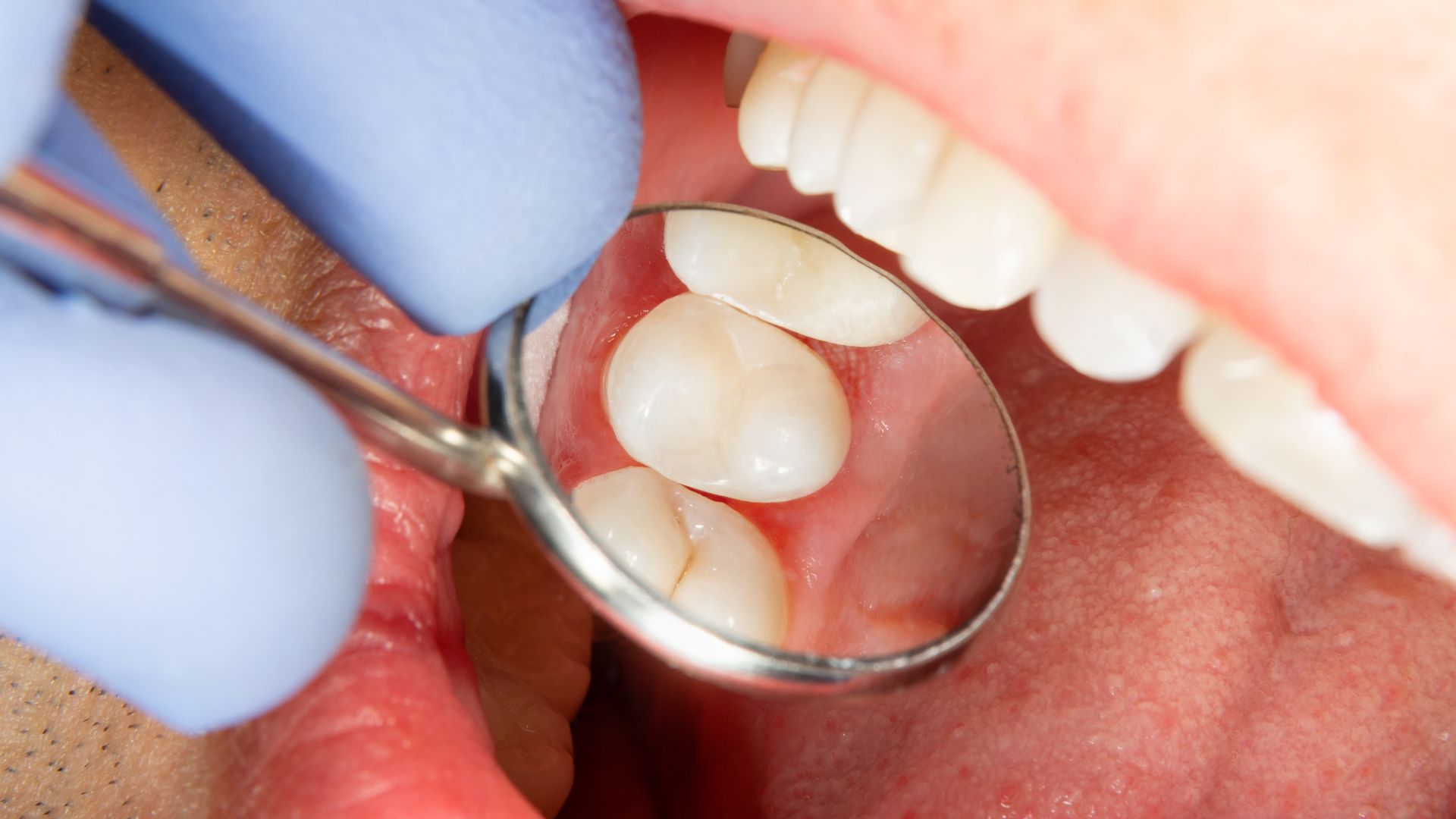Hundreds of thousands of extra appointments will be available in “dental deserts” across England from April, the government has said.
The government has begun rolling out the 700,000 extra urgent appointments it promised in its election-winning manifesto,
However, dentist representatives say this means only an extra two slots per month will be added for each NHS dentist.
Under the plan to roll out the appointments, NHS England has written to integrated care boards (ICB) across the country, instructing practices to stand up thousands of urgent appointments over the coming year.
The extra appointments will be available from April and have been targeted at so-called “dental deserts” – where getting an NHS appointment is near impossible.
Politics latest: White House confirms date of Starmer visit
They will be available to patients in pain, who have infections or require urgent repairs, and patients will be able to access them by contacting their practice or calling NHS 111 if they do not have a regular dentist.
Norovirus hospital cases hit record high as NHS faces ‘storm of infections’
‘Comedy on prescription’ trials under way to see if stand-up can be an anti-depressants alternative
New drug offers hope to children with rare form of epilepsy
It comes after Professor Chris Whitty, England’s chief medical officer, warned last week NHS dental care was “not fit for purpose” and that a lack of access for children was setting them up for “lifelong poor dental health”.
Data shows as many as six in 10 children have rotting teeth by the age of five – with stark differences between the poorer regions of England, and the more affluent.
Follow our channel and never miss an update
For example, the number of five-year-olds with poor dental hygiene was on the rise in London, the North East and the South West.
Jason Wong, chief dental officer for England, said: “Dentists are working hard to help as many patients as possible but too many people experience difficulties in accessing NHS dental services.
“It is vital that we do more to improve access – we are working with local systems to prioritise this, which includes providing 700,000 additional urgent dental appointments to help make it quicker and easier for those most in need to be seen and treated on the NHS and we are incentivising dentists to work in underserved areas so that all areas of the country can receive the care they need.”
Health minister Stephen Kinnock warned that the rollout would “take time” but said it was an “important step towards getting NHS dentistry back on its feet.”.
Please use Chrome browser for a more accessible video player
“NHS dentistry has been left broken after years of neglect, with patients left in pain without appointments, or queueing around the block just to be seen,” he added.
“Through our plan for change, this government will rebuild dentistry, focusing on prevention, retention of NHS dentists and reforming the NHS contract to make NHS work more appealing to dentists and increase capacity for more patients.”
The British Dental Association (BDA), which represents dentists and dental students across the UK, welcomed the announcement as “progress” but said the extra appointments would translate into each of the 24,200 dentists recorded as carrying out NHS services last year seeing the equivalent of a little over two extra urgent cases a month.
It warned that the total unmet need for NHS dentistry in England still amounted to 13 million people – or one in four adults.
Shiv Pabary, chairman of the BDA’s general dental practice committee, said: “It’s progress, but government could have fired the starting gun on commissioning urgent care last summer.
Read more:
Millions of extra NHS appointments, government claims
Norovirus hospital cases hit record high
“Action here will translate into just two extra slots a month for each NHS dentist.
“Ministers must now confront the failed contract that’s left millions with no options.”
As well as the extra appointments, the government is also introducing a new supervised tooth-brushing scheme for three-to-five-year-olds in schools in the most deprived areas in England – something it also promised to do in the run-up to last year’s general election.
New dentists are also being recruited in areas that need them most, along with a focus on retaining existing staff – some of whom will be rewarded “golden hellos” of up to £20,000 if they agree to work in areas that are usually hard to recruit in.




